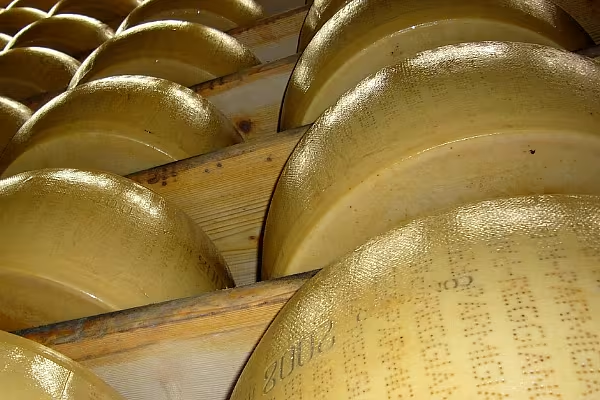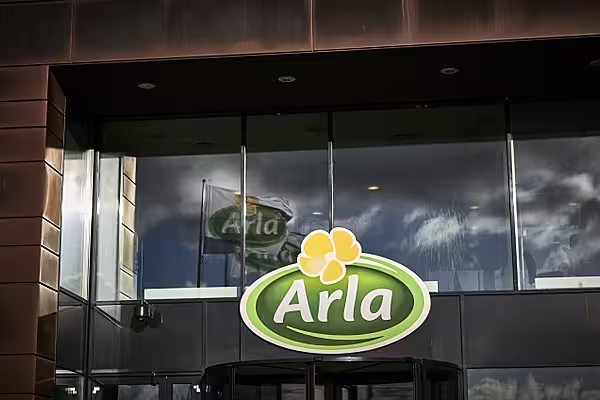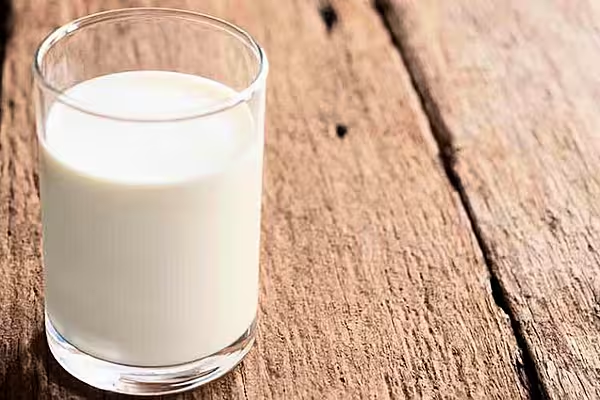The president of a Pennsylvania cheese producer admitted to passing off cheaper varieties as pure grated Parmesan and Romano and distributing them under various labels throughout the US.
Michelle Myrter, 44, of Castle Cheese Co., pleaded guilty on Friday in federal court for the western district of Pennsylvania to one count of aiding the introduction of misbranded and adulterated cheese products into interstate commerce. She faces a year in prison and a $100,000 fine for the activities, which took place from 2010 to 2013, the Department of Justice said in a statement.
Two other companies owned or controlled by the Myrter family, Universal Cheese & Drying Inc. and International Packing LLC, pleaded guilty to conspiracy and money laundering and will each forfeit $500,000.
A lawyer for Myrter didn’t immediately return a call seeking comment.
The companies were producing, packing and distributing products they said were 100 per cent grated Parmesan and Romano cheese. Some of the concoctions contained no Parmesan. The owners of the brands were unaware of the fraud, according to the statement, and the adulterated products are no longer available for sale. There was never any threat to consumer safety.
FDA Inspection
The US Food and Drug Administration accused Castle Cheese of substituting mixtures of imitation cheese and trimmings of Swiss, white cheddar, Havarti and mozzarella as pure grated Parmesan, according to a 2012 inspection report reviewed by Bloomberg News.
Incorrect or false-label claims in 100 per cent grated Parmesan products are a problem in the US, with some companies using to0 much filler such as cellulose, an anti-clumping additive derived from wood pulp, Bloomberg News reported in a February 16 article. In a test of common 100 per cent grated Parmesan brands by an independent lab, Bloomberg News found cellulose levels of up to 8.8 per cent. After the results were published earlier this month, retailer Jewel-Osco recalled its Essential Everyday 100% Parmesan Cheese from its 185 stores.
Food fraud may cost the global food industry as much as $15 billion a year, according to a 2010 study by the Grocery Manufacturer’s Association.
"Consumers have a right to expect that products they purchase are what they purport to be," said Lauren E. Sucher, a spokeswoman for the FDA.
Castle, based in Slippery Rock, Pennsylvania, filed for bankruptcy protection from creditors in 2014.
News by Bloomberg, edited by ESM. To subscribe to ESM: The European Supermarket Magazine, click here.














